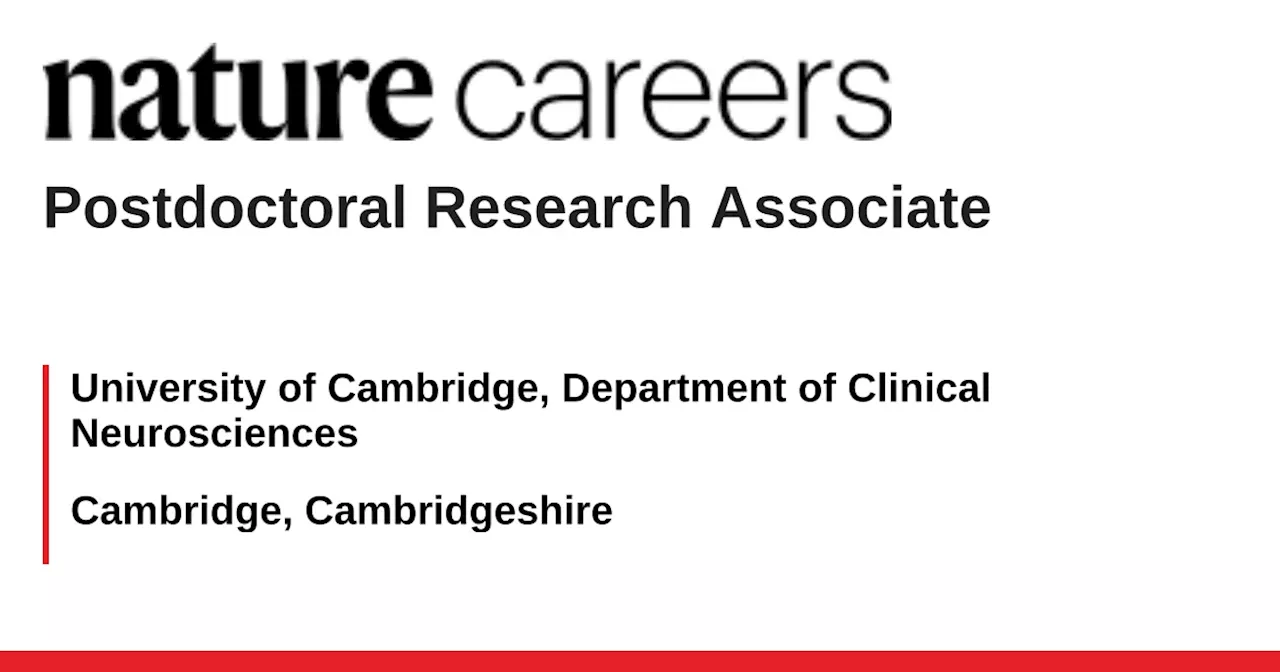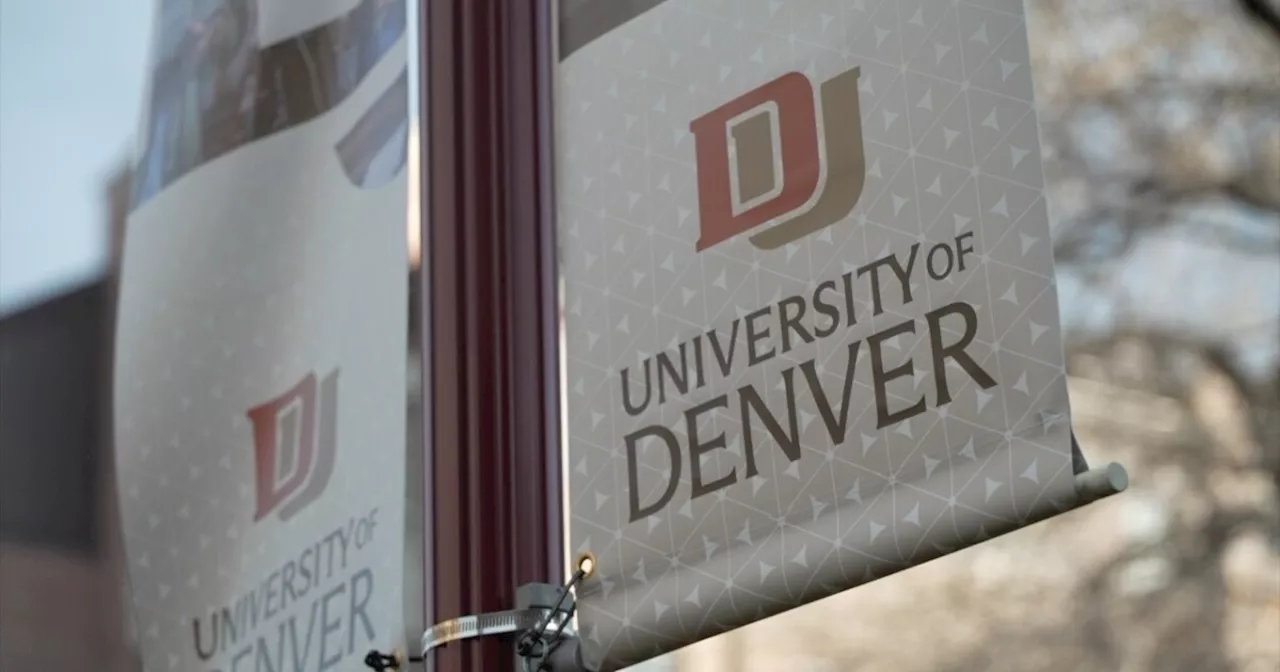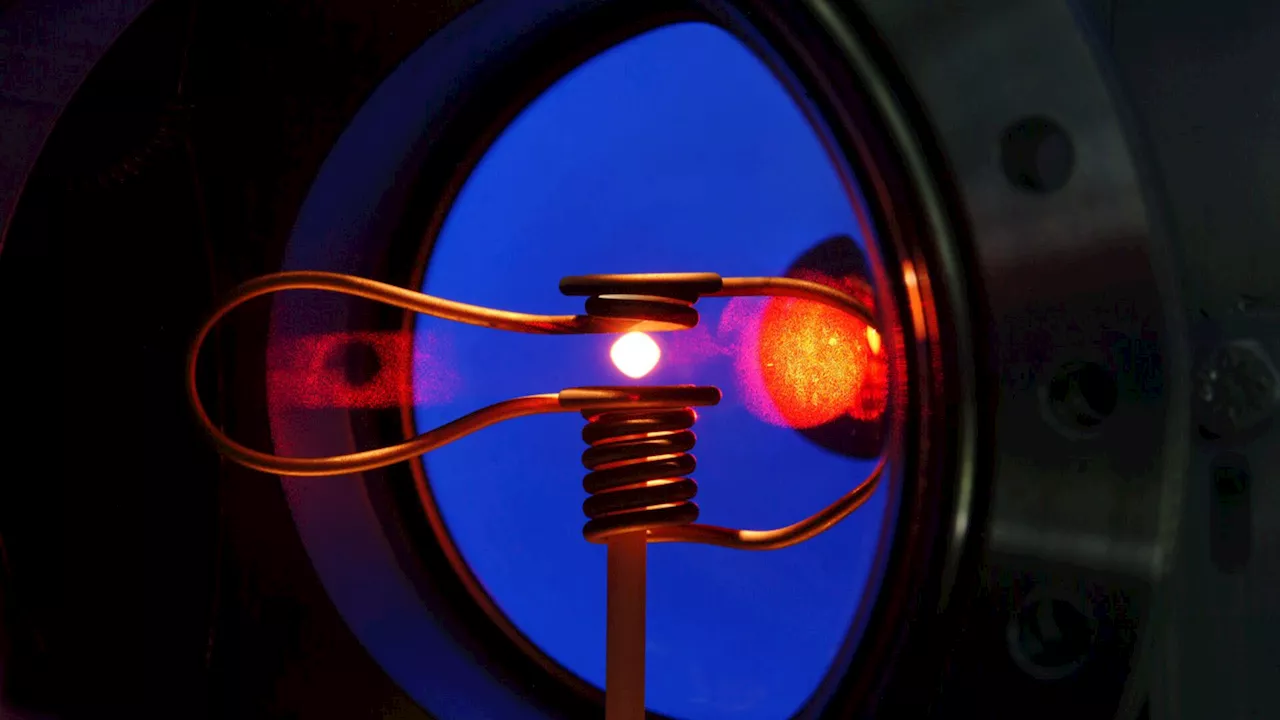The University of Virginia's School of Engineering and Applied Science has taken a major step forward in ultra-high-temperature ceramics (UHTCs) research with the development of a cutting-edge electromagnetic levitation (EML) system. Funded by a Defense University Research Instrumentation Program (DURIP) grant, this innovative facility will enable researchers to study UHTCs in both their solid and molten states, paving the way for groundbreaking discoveries and advancements in materials science.
The University of Virginia (UVA) School of Engineering and Applied Science is making significant strides in ultra-high-temperature ceramics (UHTCs) research with the establishment of a groundbreaking electromagnetic levitation (EML) system. Funded by a Defense University Research Instrumentation Program (DURIP) grant, this state-of-the-art facility will enable the study of UHTCs in both their solid and molten states, according to a press release.
UHTCs are a class of ceramics renowned for their exceptional ability to withstand temperatures exceeding 3,600 degrees Fahrenheit (2,000 degrees Celsius) without degradation, while also exhibiting high thermal conductivities. These remarkable materials find applications in a wide range of demanding environments, from spacecraft heat shields to nuclear reactors, hypersonic aircraft to furnaces.Despite their numerous advantages, UHTCs present a significant challenge due to their inherent brittleness, making conventional shaping methods like machining unsuitable. To overcome this limitation, researchers have been intensifying their efforts to unravel the intricacies of UHTC chemical structures, and the advanced EML system is poised to significantly accelerate these investigations.The EML system addresses a key challenge in UHTC research: chemical contamination at extreme temperatures. The researchers opted for a container-less design, eliminating the risk of contamination. They integrated induction and laser heating techniques to ensure no direct contact between the materials and the containment vessel, even at temperatures exceeding 3,600 degrees Fahrenheit. This meticulous design ensures precise measurements even in the most extreme conditions. To further expand the scope of research, the EML system can simulate diverse reaction conditions, from a vacuum to an extremely high-pressure atmosphere. Under these extreme conditions, researchers can meticulously investigate properties such as thermal expansion, melting point, and surface tension, gathering invaluable data for applications like hypersonic flight and high-temperature manufacturing
Ultra-High-Temperature Ceramics Electromagnetic Levitation Materials Science Research University Of Virginia
United States Latest News, United States Headlines
Similar News:You can also read news stories similar to this one that we have collected from other news sources.
 ASU Research Park to be home to major Chips for America research and development facilityThe Arizona State University Research Park will be home to the third CHIPS for America research and development flagship facility, according to an announcement Monday.
ASU Research Park to be home to major Chips for America research and development facilityThe Arizona State University Research Park will be home to the third CHIPS for America research and development flagship facility, according to an announcement Monday.
Read more »
 Research Associate Position in ALS ResearchA Research Associate position is available at a UK-based research institute focused on understanding the mechanisms underlying Amyotrophic Lateral Sclerosis (ALS) using cutting-edge human CNS organoid models and patient samples.
Research Associate Position in ALS ResearchA Research Associate position is available at a UK-based research institute focused on understanding the mechanisms underlying Amyotrophic Lateral Sclerosis (ALS) using cutting-edge human CNS organoid models and patient samples.
Read more »
 Google Deep Research: AI Takes on Your Web ResearchGoogle introduces Deep Research, an AI-powered tool that allows Gemini AI to conduct in-depth research on any topic. Users provide a prompt, review and refine a research plan, and then receive a comprehensive report with sources.
Google Deep Research: AI Takes on Your Web ResearchGoogle introduces Deep Research, an AI-powered tool that allows Gemini AI to conduct in-depth research on any topic. Users provide a prompt, review and refine a research plan, and then receive a comprehensive report with sources.
Read more »
 Senior Research Associate in Neuroscience - University of CambridgeA unique opportunity to contribute to cutting-edge neuroscience research at the University of Cambridge. The role involves developing and implementing research strategies integrating advanced in vivo neuroscience tools with behavioral, metabolic, and neuroendocrine assessments.
Senior Research Associate in Neuroscience - University of CambridgeA unique opportunity to contribute to cutting-edge neuroscience research at the University of Cambridge. The role involves developing and implementing research strategies integrating advanced in vivo neuroscience tools with behavioral, metabolic, and neuroendocrine assessments.
Read more »
 Exabits Partners with Seoul National University to Advance Self-Driving Vehicle ResearchExabits, a platform that transforms high-end GPU clusters into accessible investment assets, teams up with Seoul National University to support their research in autonomous driving technology.
Exabits Partners with Seoul National University to Advance Self-Driving Vehicle ResearchExabits, a platform that transforms high-end GPU clusters into accessible investment assets, teams up with Seoul National University to support their research in autonomous driving technology.
Read more »
 University of Denver research study to see if AI can screen for anxiety, depression in youthEthan Carlson joined Denver7 in November 2020. After more than three years as a photographer, he moved into the role of multimedia journalist.
University of Denver research study to see if AI can screen for anxiety, depression in youthEthan Carlson joined Denver7 in November 2020. After more than three years as a photographer, he moved into the role of multimedia journalist.
Read more »
